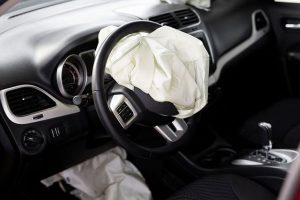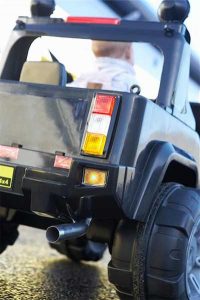Is Your Electric Range a Fire Hazard?
 The Consumer Products Safety Commission recently announced the recall of about half a million electric ranges due to a potential fire hazard. The recall includes both freestanding and slide-in models of LG electric ranges featuring front-mounted knobs that can be unintentionally turned on by people and pets.
The Consumer Products Safety Commission recently announced the recall of about half a million electric ranges due to a potential fire hazard. The recall includes both freestanding and slide-in models of LG electric ranges featuring front-mounted knobs that can be unintentionally turned on by people and pets.
According to reports, there have been more than 80 reports to date of unintentional activation involving these stoves, resulting in about 28 fires that led to hundreds of thousands of dollars in property damages, minor injuries to individuals, and the death of several family pets. To learn if this recall affects your electric range and what to do if it does, read “Pets Killed, Homes Damaged: 500K Electric Stoves Recalled Over This Fire Risk.”
 New Jersey Injury Lawyers Blog
New Jersey Injury Lawyers Blog





